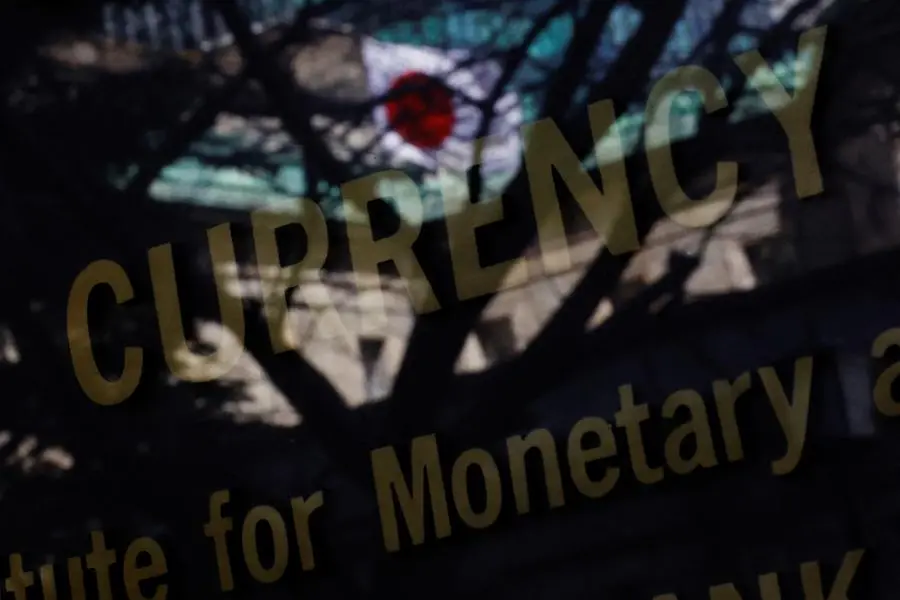PHOTO
The Bank of Japan is likely to debate whether to raise interest rates when it meets next week and unveil a plan to roughly halve bond purchases in coming years, sources said, signalling its resolve to steadily unwind its massive monetary stimulus.
The rate decision will depend on how long the board members prefer to wait for clarity on whether consumption will recover and keep inflation stably around the bank's 2% target, said four people familiar with the BOJ's thinking. Over three-quarters of economists polled by Reuters expect the central bank to stand pat this month and possibly next move in September or October, but sources suggested the outcome of the July 30-31 meeting was considerably less certain.
"The decision will be a close call and a hard one to make," given uncertainty over the consumption outlook, one of the sources said. "It's really a judgment call, in terms of whether to act now or later this year," another person said.
While the nine-member board broadly agrees on the need for a near-term rate hike, there is no consensus on whether it should happen next week or later in the year, they said. Core inflation hit 2.6% in June, having exceeded the BOJ's target for well over two years, and workers' base pay rose by the most in three decades in May, enough to for hawks to argue that conditions are right to hike rates now.
However, recent weak consumption and household sentiment have helped policy doves make the case for holding off for now and waiting for more data to see whether tax cuts and rising wages will lift consumption as projected.
The outcome of next week's meeting is uncertain in part because the BOJ sees no compelling reason to rush, with price rises still moderate and inflation expectations stable near 2%, the sources said.
"What's clear is that the BOJ will probably raise rates in coming months. It's just a question of timing," one of them said.
BOJ Governor Kazuo Ueda has said the central bank will hike rates if it is convinced that solid economic and wage growth will keep inflation around its 2% in coming years, as projected.
While consumer prices have been rising in Japan since the COVID-19 pandemic, avoiding extended spells of declining prices the economy has repeatedly experienced over the past three decades remains a concern for Japanese policymakers.
Having just ended negative rates in March, the BOJ still keeps short-term rates around zero. The next rate hike is expected to kick off a tightening cycle that will take rates to levels that neither cool nor stimulate growth - seen by analysts as somewhere around 0.5% to 1.5% - a process that could take several years.
"For the BOJ, there is still a long way to go. Another rate hike will still keep Japan's monetary condition very loose," a second source said, a view echoed by two more sources.
At this month's meeting, the BOJ will also release details of a quantitative tightening plan on how it will taper its huge bond buying in the coming one to two years, and shrink its nearly $5 trillion balance sheet.
The BOJ is likely to taper its bond purchases gradually in several stages at a pace roughly in line with dominant market views, to avoid causing an unwelcome spike in yields, the sources said. That heightens the chance the BOJ would roughly halve monthly bond purchases in 1-1/2 to two years' time - a pace advocated by a sizeable number of participants in a meeting last week between the bank and financial institutions.
The BOJ ended eight years of negative rates and bond yield control in March, in a landmark shift away from its radical stimulus programme.
(Reporting by Leika Kihara and Takahiko Wada; Editing by Tomasz Janowski)





















